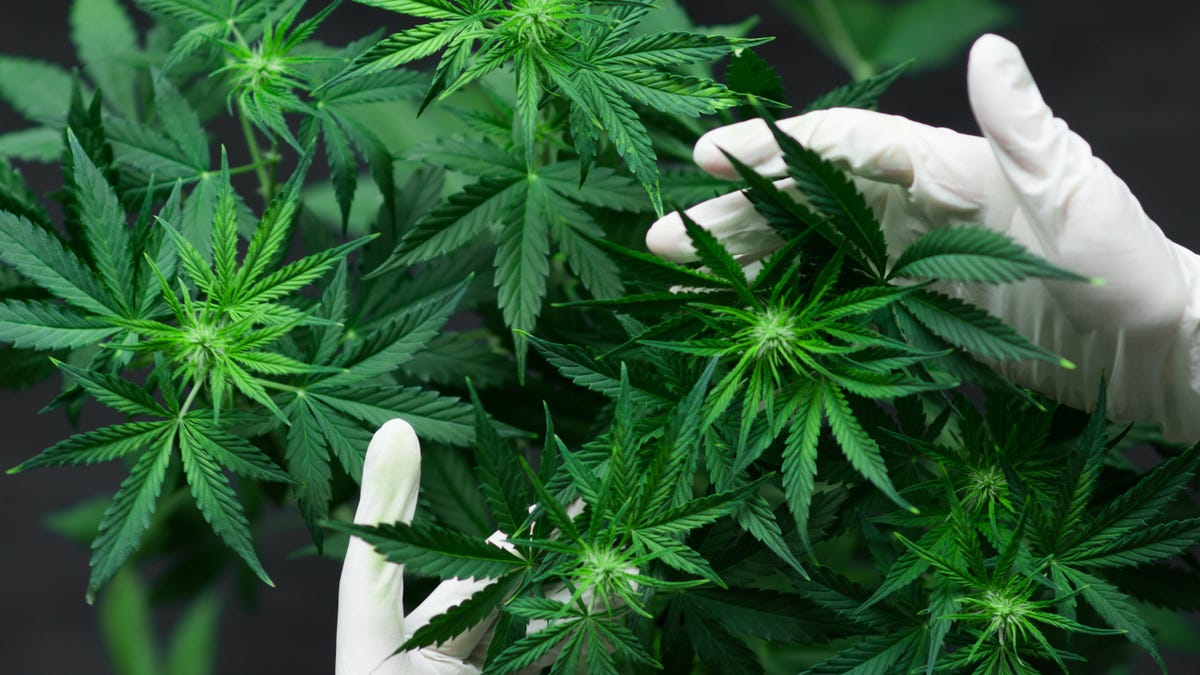The De-scheduling of Cannabis by the U.S. Government
The recent announcement made by the Drug Enforcement Administration (DEA) indicates a potential shift in the classification of cannabis within the United States. This change is expected to reclassify cannabis to a lower controlled substance schedule, specifically moving it from Schedule I to Schedule III, reflecting recognition of its potential medical value and lower abuse potential.
Current Drug Classification System in the U.S.
Under the current system, drugs in the U.S. are categorized into five distinct schedules based on their perceived harmfulness and medical benefits. Schedule I substances, including cannabis, are considered to have no accepted medical use and a high potential for abuse. The proposed reclassification of cannabis signifies a shift towards acknowledging its therapeutic value and lower likelihood of abuse compared to other substances in the same category.
President Biden has shown support for this change in drug scheduling, as demonstrated by his administration’s endorsement of moving cannabis to Schedule III. This adjustment aligns with efforts to facilitate further research into the medical applications of cannabis and expand access to potential treatments derived from the plant.
Implications of Rescheduling Cannabis
While the proposed reclassification of cannabis does not equate to nationwide legalization for recreational use, it carries significant implications for its cultivation, distribution, and study across the country. The adjustment to Schedule III would establish a more favorable regulatory environment for cannabis-related businesses and researchers, enabling greater exploration of its therapeutic properties.
Furthermore, the potential rescheduling of cannabis is expected to streamline administrative processes, including taxation deductions for businesses operating within the cannabis industry. This change could foster innovation and growth within the sector, driving economic benefits and promoting scientific advancements in the realm of medical cannabis.
Advocacy for Further Reforms
Despite the progressive move towards rescheduling cannabis, advocates emphasize the need for broader reforms to address the historical impact of stringent cannabis regulations. Calls for decriminalization, rather than solely adjusting its scheduling, underscore the importance of removing cannabis from the Controlled Substances Act altogether.
Advocates argue that true decriminalization of cannabis is essential to rectify the disproportionate impact of past enforcement practices, particularly on marginalized communities. By advocating for a comprehensive framework that prioritizes community well-being and equity, advocates aim to address the complexities surrounding cannabis regulation and enforcement.
In conclusion, while the DEA’s proposal to reschedule cannabis marks a significant step towards acknowledging its medical potential, continued efforts are needed to establish a comprehensive approach that promotes justice, inclusivity, and evidence-based policy in the realm of cannabis regulation.
Image/Photo credit: source url





